In a Soviet-era textiles factory in the southern Ukrainian city of Dnipro, Svitlana Yakovenko is bent over a sewing machine, putting the finishing touches on a black cap.

The cap is plain but for the words “Saint Javelin” embroidered across the front. Once finished, it will join hundreds of other similar caps that will be boxed up and bound for Canada.
Since beginning its life in the early days of the Ukrainian war as a viral meme, Saint Javelin has become a full-fledged brand, selling t-shirts, hats, badges, socks. Most are emblazoned with the now-infamous meme depicting a stylized Madonna cradling a FGM-148 Javelin rocket launcher. While the brand was launched in Canada, to raise money for war relief efforts, some of its production has shifted to war-affected cities in Ukraine.
Yakovenko dissolves into tears as she speaks of how the war has affected her family. Her niece died in the eastern city of Kharkiv one month ago and her son-in-law is a soldier.
But she finds a source of pride in the idea that the cap she is holding will soon be on the head of a stranger on the other side of the world.
“I’m proud to work here. We’re all trying very hard for our soldiers,” she said.
“I’m not doing so good, but we’re trying to support each other.”
Yakovenko is on the front lines of a lucrative industry for Ukraine: wearable war merchandise and collectible wartime souvenirs and knick-knacks.
T-shirts bearing stylized pictures of Ukrainian President Volodymyr Zelenskyy, depicting the sinking of the Russian ship Moskva, or simply saying “F*ck Putin” have become common sights across the country, stacked high at streetside stalls and souvenir shops or worn by strangers on the street.
Even the country’s postage stamps now bear scenes of war, culminating in hours-long lines outside of post offices for the chance to buy them.
The explosion of war merchandise in Ukraine has become not only big business but a creative outlet for many looking to donate to war efforts.
How Saint Javelin took the world by storm
The Saint Javelin brand’s inception came nine days before war broke out in Ukraine.
Ukrainian-Canadian Christian Borys, who was a journalist in Ukraine between 2014 and 2018 before returning to Toronto, printed stickers of the popular meme to raise money for a Ukrainian charity.
The original design wasn’t even his but an adaption of a 2012 painting by US artist Chris Shaw, known as “Madonna Kalashnikov.”
“It started very innocently,” Borys tells Global News.
“I knew of this meme and I just wanted to print a few stickers and figured I could raise like $500.”
The first day he sold the stickers, via Instagram, he made $88. The next day, he made $1,000. The day after that, he made $5,000.
“But then I started panicking because I had no plan for this — how do I even ship this stuff?” he says.
With a website set up, the stickers quickly became clothing and other merchandise. Saint Javelin now receives up to 300 orders per day across 70 countries and employs 14 staff. The brand has even made it all the way to the top — Ukraine’s minister of defense Oleksiy Reznikov was pictured giving Zelenskyy a Saint Javelin t-shirt in March.
In the beginning, Borys was donating the proceeds to various causes. But now, Ukrainian World Congress is the sole recipient, receiving 40 per cent of profits. The rest goes to purchasing materials and staff costs.
Borys estimates he has raised about $1.2 million for Ukraine.
The original artist of the meme, Shaw, even got in touch to say he was surprised to see his image going viral and liked what the brand had done for charity, before signing over the copyright.
While Borys has now cemented the brand’s presence in Canada with a bricks-and-mortar store in Toronto, its operations have also gone international, expanding in reverse to its roots in Ukraine.
Local Kyiv resident and clothing designer Oleksandr Nesterchuk oversees the Ukraine side of the business, employing small manufacturers in areas such as Poltava, Kharkiv, Lviv, Kyiv and Dnipro to make the goods.
“One of the aims was to find manufacturers that need help, that were affected by the war. And the east and central parts of Ukraine are known for manufacturing,” Nesterchuk says.
Local women affected by war
Yakovenko and about two dozen colleagues work for the manufacturing company Vastline in downtown Dnipro, which produces Saint Javelin’s hats. The Canadian merchandise is stacked along a wall alongside woollen military beanies and souvenir caps emblazoned with the coat of arms of Ukraine.
Olena Velychko, Vastline’s founder and a self-taught seamstress, began the company 18 years ago with six women. Back then, it produced about 800 hats per month.
It now employs about 24 to 28 women and produces 20,000 hats per month. Since 2014, most of the merchandise has been for the military or military-themed.
“I’m happy that we are useful and that we are needed,” she says.
Saint Javelin is their first Canadian customer and the fact that their goods are winging their way across the world is still a novel concept to many who work there.
“We are very happy that we can support our soldiers. We are very grateful to Canada for supporting us too,” Viktoriya Rudenko, a seamstress at the company, says.
Rudenko’s son-in-law is in the military in Donetsk. Like Yakovenko, she gets emotional when she considers the impact of the war on her life. She can’t leave, she says, because she has three children and three grandchildren and nowhere else to go. She’d rather be useful to the war efforts by sewing.
“Everything is for our soldiers now,” she says, wiping tears from her eyes.
Local souvenir stores struggle
While war merchandise is now front and centre in many tourist stalls in Ukrainian cities, its arrival hasn’t exactly been a business boon for local souvenir shop owners.
Stallholders and shop owners in Kyiv say with the complete lack of tourism, they’re finding it difficult to stay afloat.
Each of the five souvenir stallholders we spoke to say that they have sold almost nothing for weeks. Most declined to be interviewed for that reason.
One woman, who did not want to be named because her business is doing so poorly, said they’re relying on foreign fighters and aid workers to find room in their suitcase for “war souvenirs” for themselves or friends and family at home.
“We’re selling more war merchandise than anything else right now,” souvenir shop owner Viktoriya Kanska says.
“But we have a very low amount of foreigners here now. And it’s mostly foreigners buying these things and a very small amount of Ukrainians.”

Kanska says she has replaced almost all of her generic Ukraine souvenir t-shirts with war-themed merchandise. They hang on the door of her shop, located in an underpass under Kyiv’s central Maidan Square.
The store, however, is empty each time we use the busy underpass, about a dozen times over the course of four days.
Her most popular item is a t-shirt featuring the now famous illustration by artist Boris Groh of a Ukrainian soldier flipping the bird to a Russian ship. The sketch commemorates the Snake Island incident, when Ukrainian border guards, after being asked to surrender, reportedly replied: “Russian warship, go f*ck yourself.”
That illustration has also been immortalized on clothing, grocery bags at a local supermarket and on postage stamps, one of Ukraine’s most lucrative war merchandise.
War stamps go worldwide
In March, when Ukraine’s national post service, Ukrposhta, released Groh’s sketch as a stamp, a frenzy ensued across the country. Long lines formed outside post offices, stamps routinely sold out and industrious Ukrainians began reselling them on eBay at 500 per cent mark-ups.
One million of the initial “Russian warship, go f*ck yourself” stamps were produced, a spokesperson for Ukrposhta says, and sold out in five days, a new sales record.
Its second iteration of the stamp, which included Groh’s sketch with the word “done,” portraying the sinking of the Moskva, sold out its five million copies in one day.
To cope with the demand, Ukrposhta launched official online stores on Amazon and eBay, becoming the first post office in the world to start selling its products on international marketplaces.
Seeing the demand from buyers overseas, Ukrainians began reselling them online for between $50 to $100. Right now, a single stamp on eBay costs about $20.


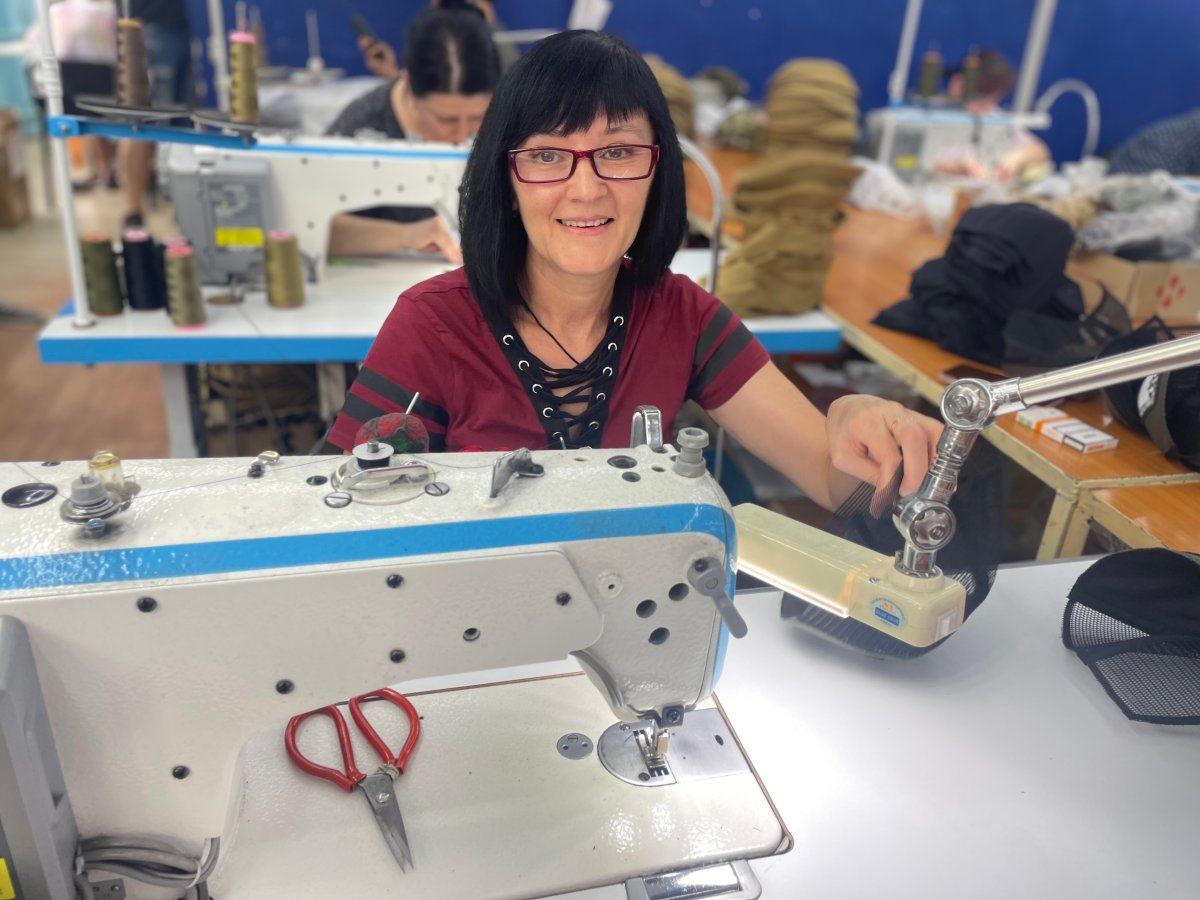
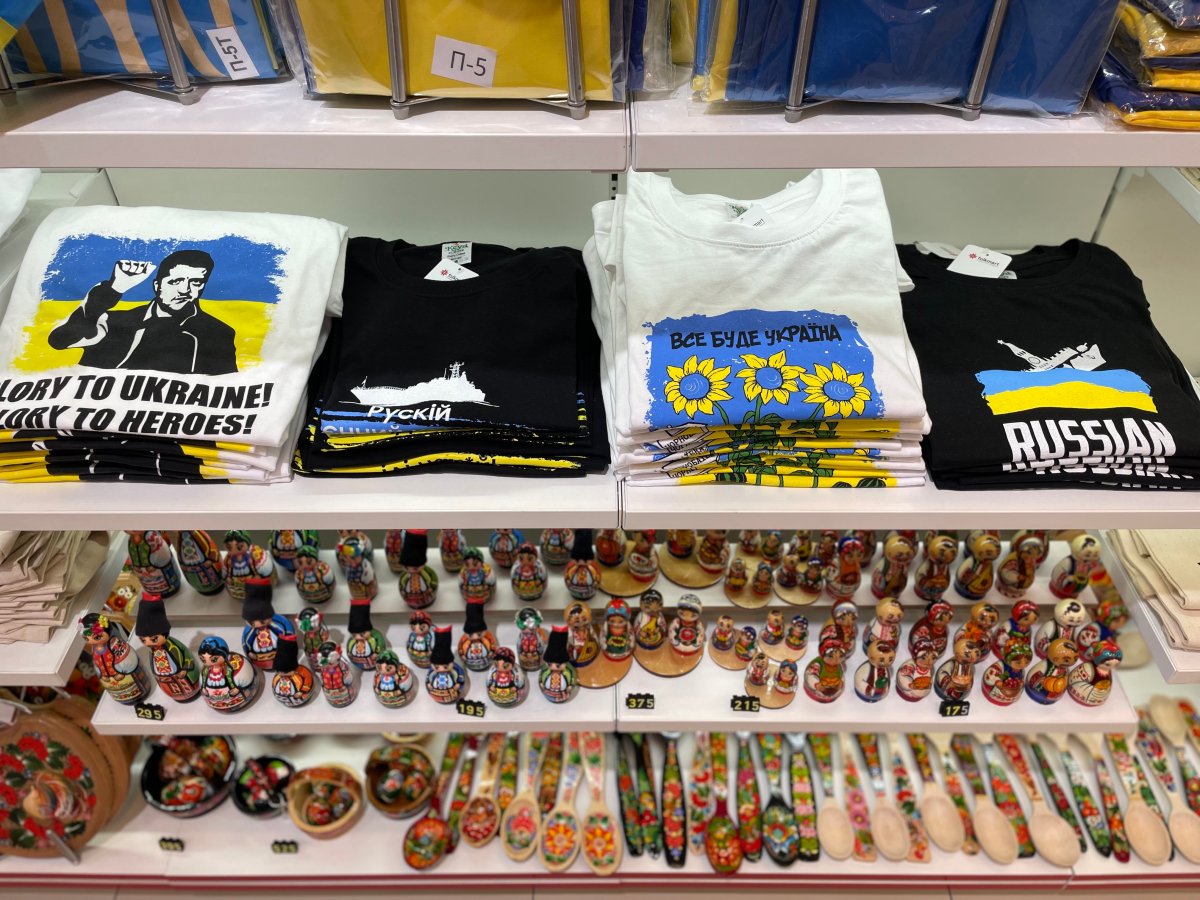
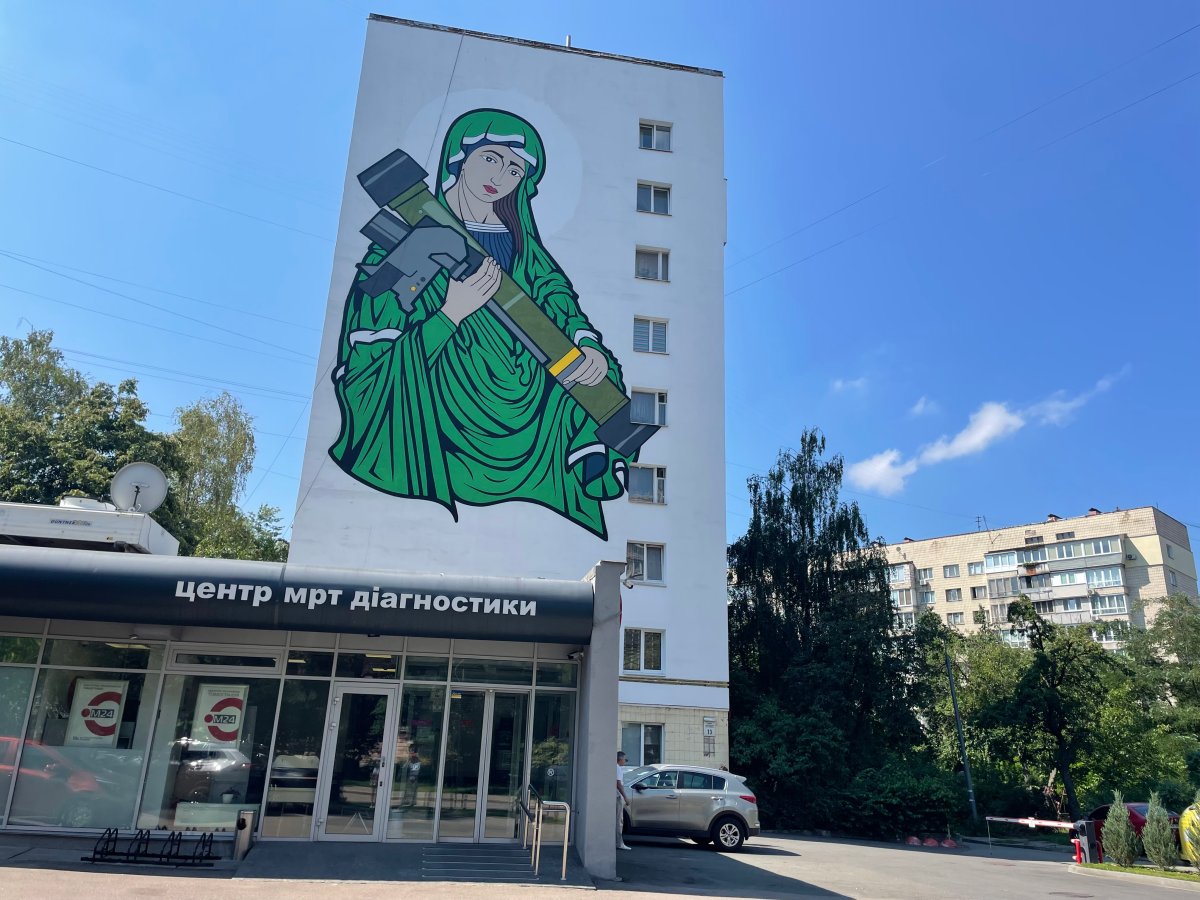
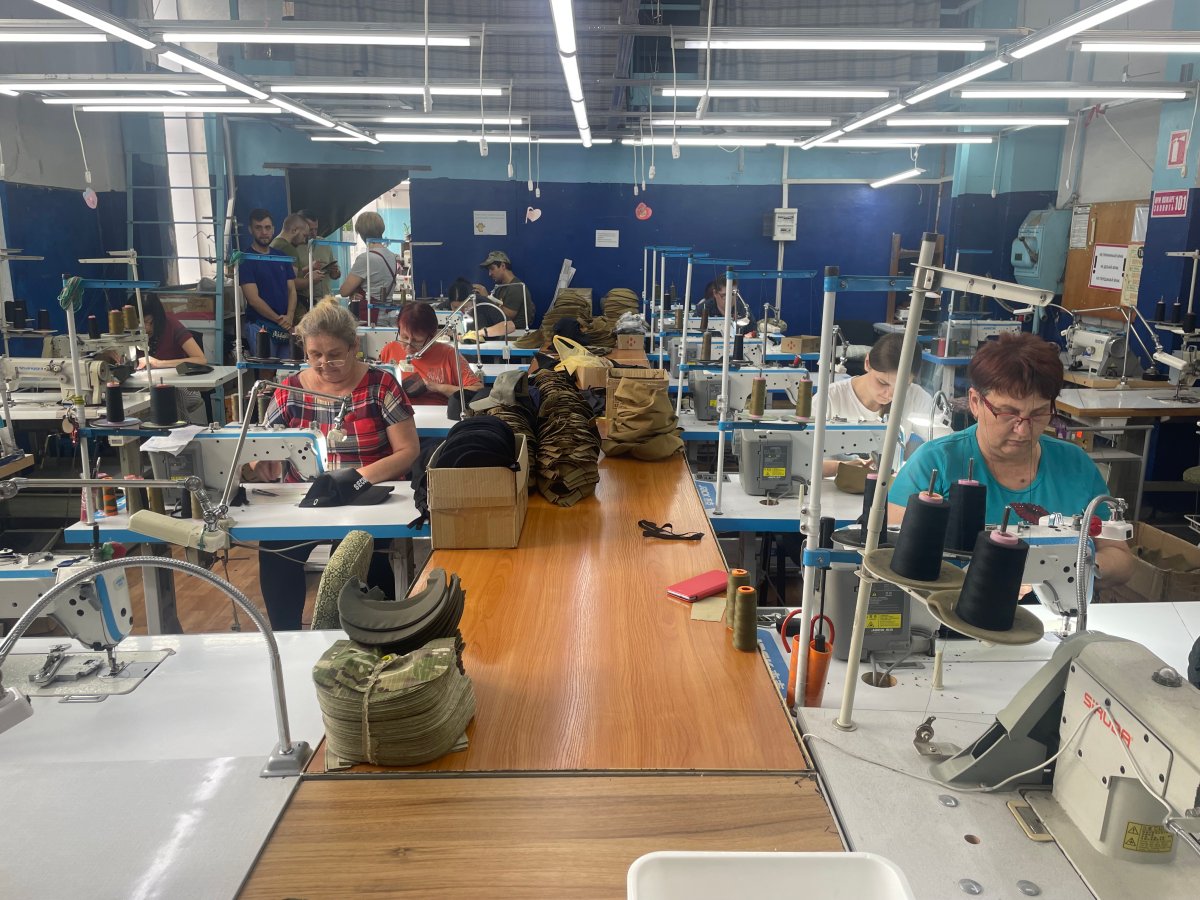
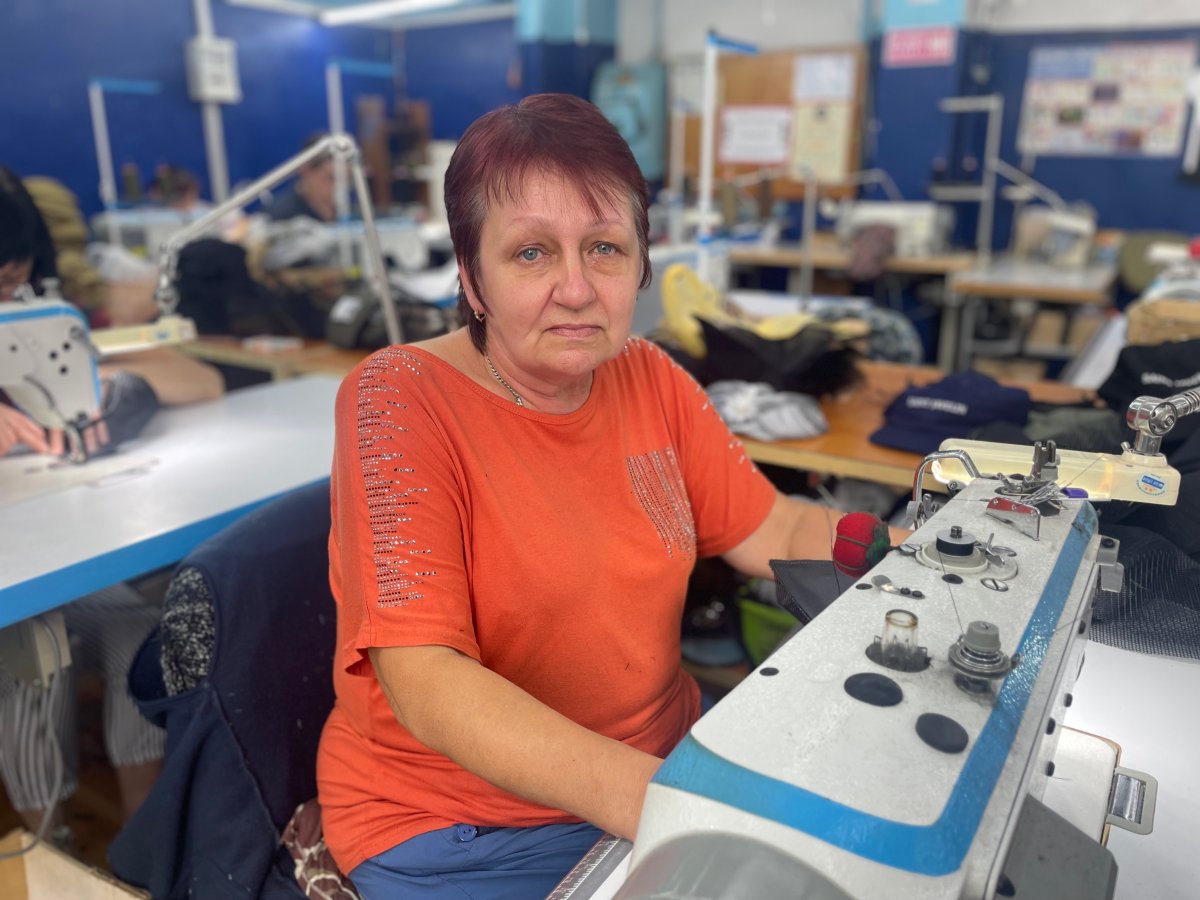



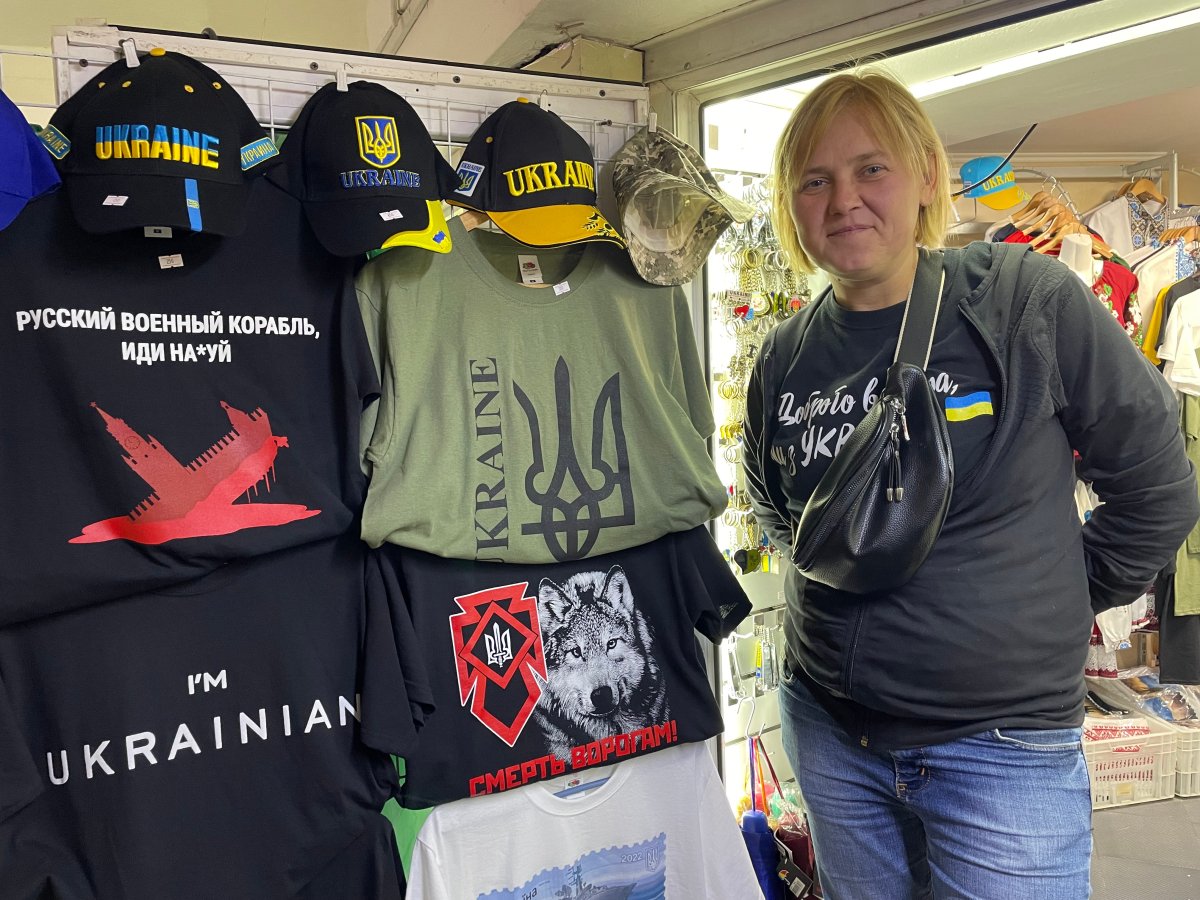

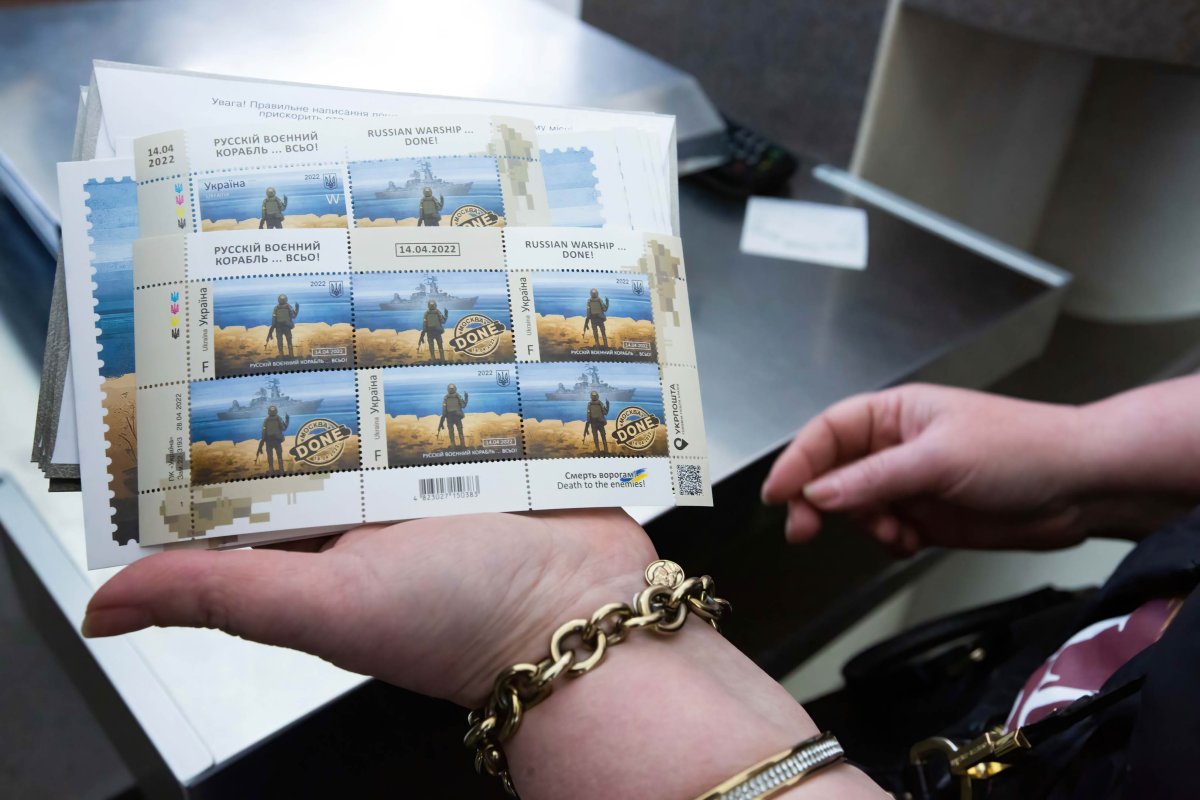



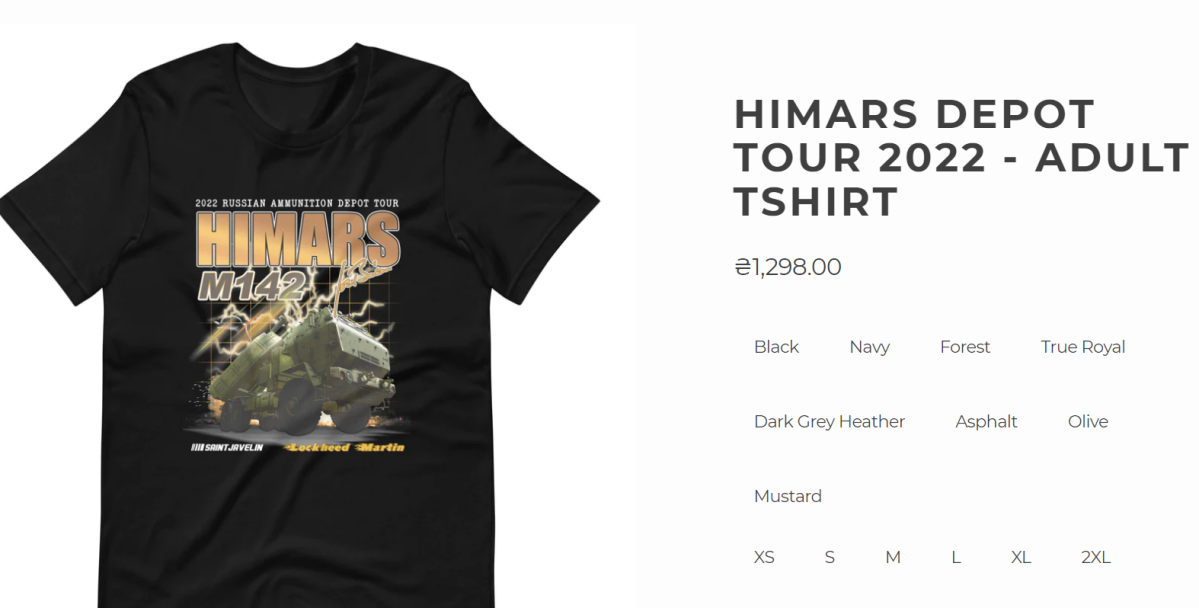

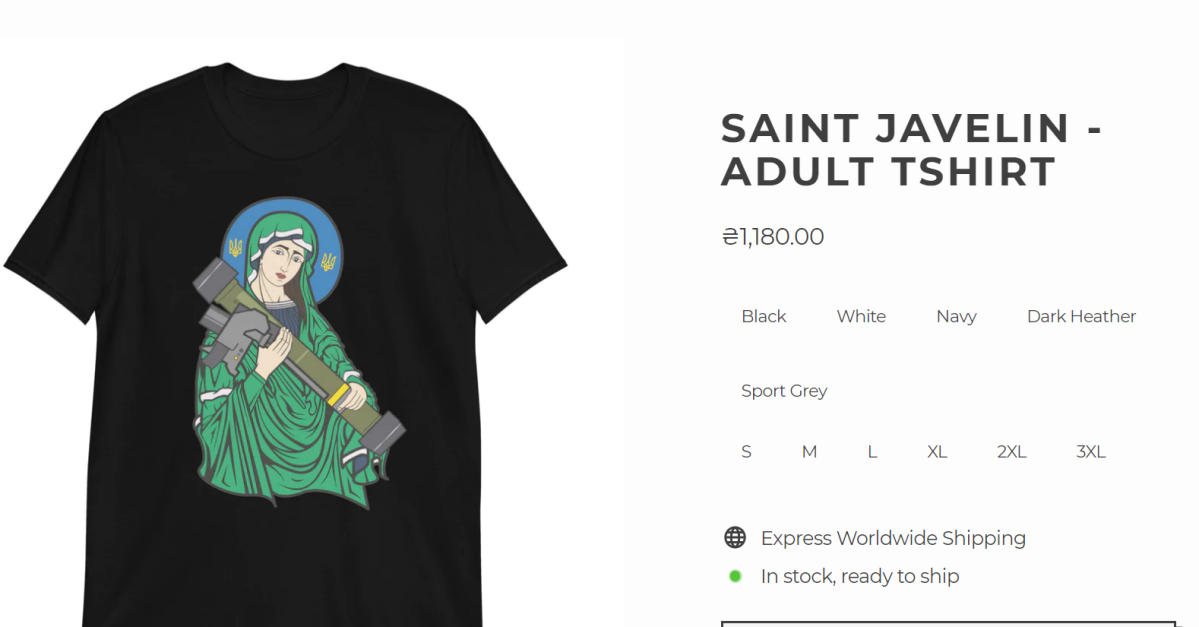











Comments